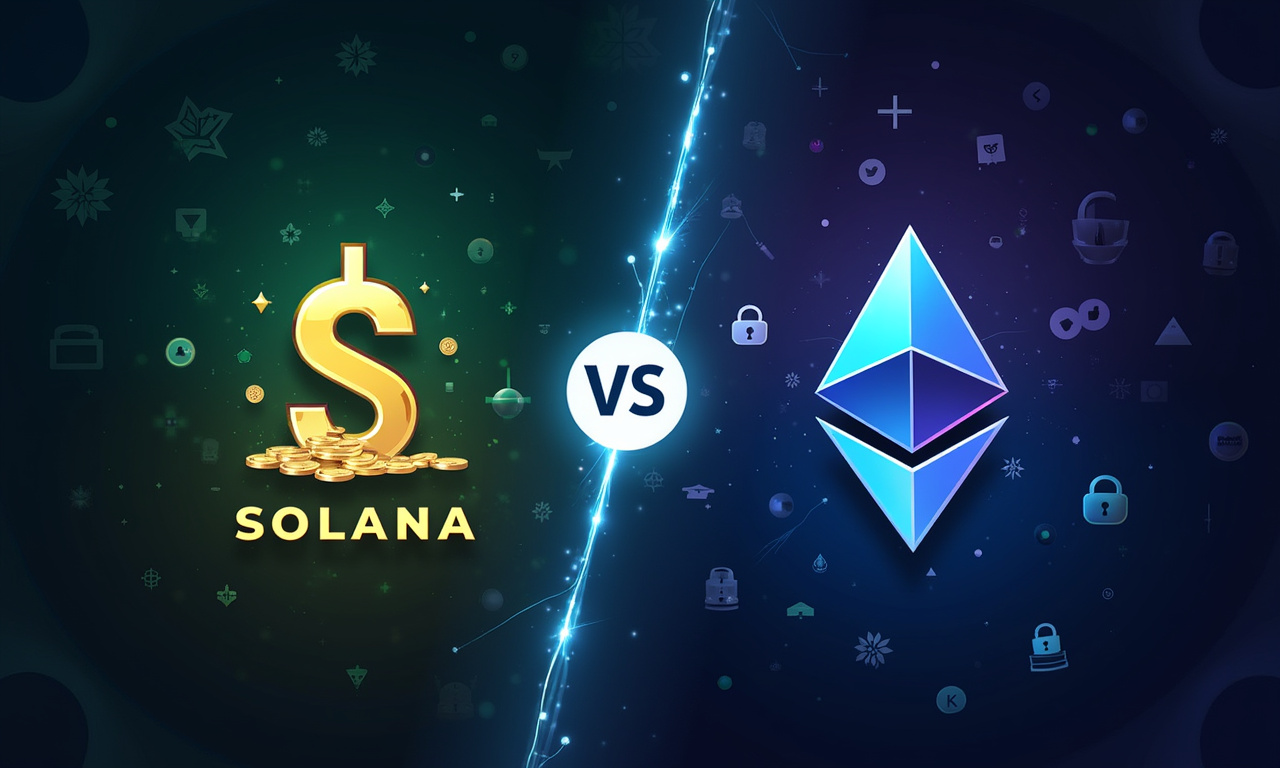
Is democratization of finance truly achievable? Or is that all just a catchphrase thrown about at crypto conferences? Galaxy Digital's partnership with Fireblocks to offer staking access to over 2,000 financial institutions feels like a significant step, but let's peel back the layers and examine what this really means, especially for those often left out of the traditional financial system.
Staking for the Underserved Institutions
The fact that over 2,000 financial institutions, already using Fireblocks' custody infrastructure, now have direct access to Galaxy's staking services is huge. Consider for a moment the mid-size banks, community lending credit unions, and regional investment firms, especially those active in emerging market economies. Do they have the guidance, expertise, and internal security resources to take on the challenges of implementing their own secure staking infrastructure? Probably not.
This partnership levels the playing field. This gives these institutions the chance to participate in crypto yield generation without a costly up-front investment. That means they’re able to enter the game without requiring deep technical expertise. Fireblocks' existing client base is key here. How many of those 2,000+ institutions are based in areas with a long legacy of exclusion from finance? That’s the number we should actually be watching closely. That’s the true impact that we want to know about and need to measure.
Because this isn’t purely mission versus profit. It’s more about figuring out how to cross the divide between the crypto-elite and everyone else in the financial universe. It's about regional inclusion. It’s about providing access to capital to the schools that have otherwise been cost prohibitive.
Education Through Staking Participation
More than just the direct access to staking yields, this partnership serves as a powerful educational tool. How many financial advisors are truly versed in the blockchain lexicon? How many have the first clue about the nuances of proof-of-stake consensus mechanisms? Probably not enough.
Galaxy's platform, accessible through Fireblocks, provides a sandbox environment for institutions to learn about staking in a secure, regulated, and (relatively) low-risk way. Or they can test out different staking strategies and review performance stats. This strategy lets them develop their own knowledge base while reducing their own exposure to undue risk.
This is crucial for fostering wider adoption. Fear, uncertainty, and doubt (FUD) are often caused by misunderstanding. Galaxy and Fireblocks are providing institutions a unique, hands-on learning experience. This is a constructive approach that clears the false narratives and fears related to crypto staking. It’s the equivalent of providing a driver’s ed class before giving someone the keys to a Ferrari. In doing so, you eliminate the risk of a high-speed crash.
Collectivism and a More Inclusive Finance
Let’s face it, the current state of our financial system isn’t fair. That process, too, is typically rigged. This time in favor of the wealthy and well-connected. Can crypto staking—inclusive by nature and underpinned by equitable partnerships like this—begin to help us redistribute wealth and forge a more equitable financial landscape? I believe it can, but we must keep expectations in check.
This is not the post where we promise you overnight wealth or utopian dreams. Ultimately, the aim is to help smaller institutions begin developing alternative revenues. Then they can reinvest all that money that’s no longer being wasted back into their communities. It’s about giving people the tools they need to plan, save, and invest for their long-term goals. It’s about creating a fairer, more equitable crypto system—one where the primary benefits of this technology don’t accrue to the largest Wall Street firms or crypto billionaires.
In doing so, we must be cautious of the perils of power consolidation. Lido alone controls more than 25% of all staked ETH, that’s a hefty majority. Moreover, Binance and Coinbase each own large shares as well, raising concerns over significant centralization in the market. Let’s build this next wave of staking to be even more decentralized. It should be open to all kinds of prospective and potential participants—not just anoint the winners.
- Potential Benefits:
- Increased access to yield for smaller institutions
- Educational opportunities for financial professionals
- Potential for wealth redistribution
- Potential Risks:
- Centralization of staking power
- Regulatory uncertainty
- Smart contract vulnerabilities
Galaxy’s move is an exceedingly positive step. This is particularly pertinent in areas such as Malaysia, in which the ethnic Chinese population can benefit from enhanced access to international financial prospects. This is only part of the story. We have to continue to push for more transparency, more decentralization, and more accessibility. This is important to make sure that crypto staking lives up to its potential to decentralize finance.
This partnership’s success will depend on its capacity to bring more and diverse institutions and people along with it. This will allow many more Americans to engage in the crypto economy. Because at the end of the day, it’s not just about the technology—it’s about the people that it serves. Are we building a new and more inclusive financial future, or just recreating the discrimination of yesterday—but now on a blockchain? And that is the question we need to be asking ourselves every single day.

Lee Chia Jian
Blockchain Analyst
Lim Wei Jian blends collectivist-progressive values and interventionist economics with a Malaysian Chinese perspective, delivering meticulous, balanced blockchain analysis rooted in both careful planning and adaptive thinking. Passionate about crypto education and regional inclusion, he presents investigative, data-driven insights in a diplomatic tone, always seeking collaborative solutions. He’s an avid chess player and enjoys solving mechanical puzzles.








